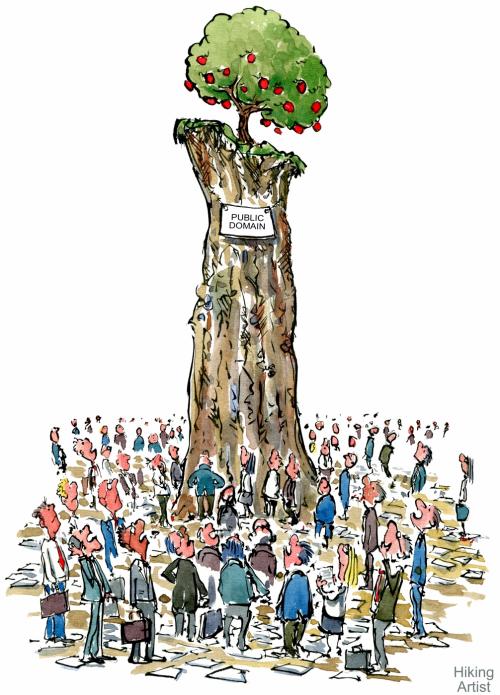
We didn’t have time for all the videos he wanted to show last time, so Chuck Metalitz is doing it again: A marathon (well, four hours or so) of animations, lectures, documentaries, and other formats, from America, Canada, Australia, Britain, and maybe a few others, including people we do not necessarily identify as Georgists. Most of these are about three to fifteen minutes, with longer ones represented by extracts. You’re welcome to stop by any time during the show; do not feel obligated to attend the entire session.
Just about all of these videos are intended for an audience not familiar with Henry George or, in many cases, not even conscious of political economy. That probably describes some of your friends or professional colleagues, so bring them along.
We will have some sort of light refreshments. The event is free, with donations welcome. Also welcome are suggestions for relevant videos which we might not be aware of.

Decades before Wealth of Nations, Adam Smith wrote what he seems to have considered a superior work, Theory of Moral Sentiments. He wrote:
How selfish soever man may be supposed, there are evidently some principles in his nature, which interest him in the fortune of others, and render their happiness necessary to him, though he derives nothing from it except the pleasure of seeing it.
Wikipedia asserts:
Smith critically examines the moral thinking of his time, and suggests that conscience arises from dynamic and interactive social relationships through which people seek “mutual sympathy of sentiments.”[74] His goal in writing the work was to explain the source of mankind’s ability to form moral judgement, given that people begin life with no moral sentiments at all. Smith proposes a theory of sympathy, in which the act of observing others and seeing the judgements they form of both others and oneself makes people aware of themselves and how others perceive their behaviour.
The Theory of Moral Sentiments has been printed in numerous editions, and is also available free on line. Smith revised the book throughout his lifetime; it’s best to avoid the first edition, and choose one published after his death in 1790.
In this session we’ll discuss parts 1-3 of the book, taking up parts 4-7 on November 20,

